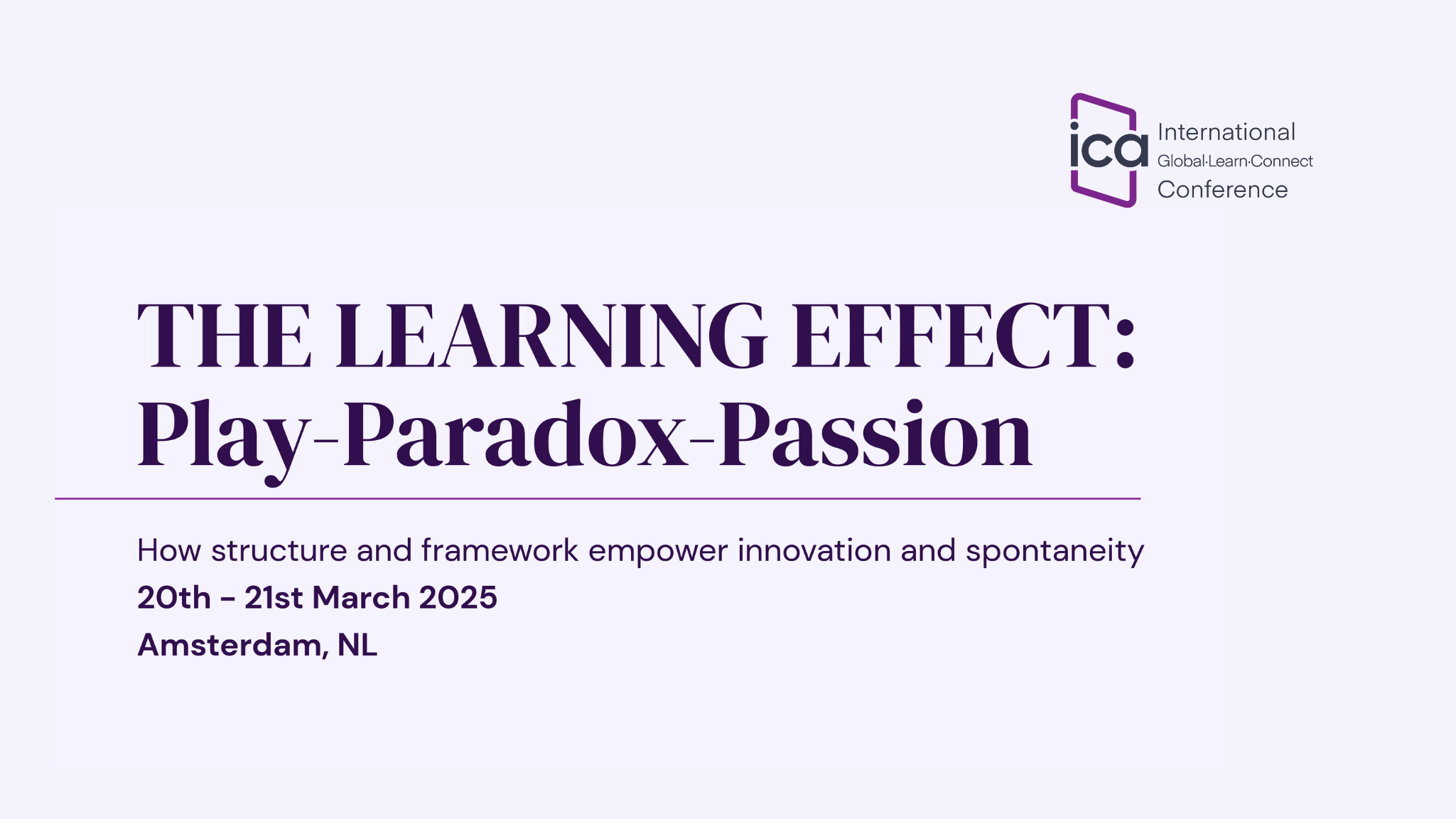World leaders could certainly learn a thing or two from listening to the suggestions of children in solving world problems! Not only did our first global summit demonstrate this – it flagged up many other surprise benefits. In this blog post, it's my pleasure to share our journey into how and why we felt we needed to connect children around the world.
The inspiration for hosting virtual global summits to connect children arose for a variety of reasons. After reviewing our definition of International Mindedness to include a greater focus on taking action to make positive changes, we explored opportunities and platforms to enable the learner voice.
At Nexus, we are extremely proud to call ourselves an inclusive school and we wanted to find an avenue for those really deep thinking learners to connect with others to share their views, find answers and really have their own thinking challenged. A real life context for developing personal goals is always at the forefront of our minds and we thought what better way to practice effective communication skills than to speak to a global audience?
In school we have been developing curriculum links with the Sustainable Development Goals to develop deep authentic, life changing learning opportunities and realised a summit would provide a wealth of discussion topics to create awareness and action.
What really pushed our creative thinking was of course Covid! The pandemic has forced us all to think outside the box, to use innovation to find ways to ensure learning continues but in different ways. Feedback from the whole school community along with worldwide research pointed to the huge concern regarding well-being and the lack of connection learners were having with their peers.
The summits have contributed to the development of all areas mentioned above. What we hadn’t realised at the time was the excitement this brought to the organisers and all of the learners involved globally. Feedback has been extremely positive and I was left thinking - why hadn’t we thought of this before!
The second time we ran the summit locally to connect Malaysian schools, saw entries flooding in from a range of children - not only the truly confident speakers but the learners who had been interested in the first summit and were now clearly pushing themselves out of their comfort zone, wanting to try something new. This further inspired my own thinking and reminded me of the importance of finding opportunities for everyone to step outside comfort zones. Being scared, but in a good way with excitement and challenge can really support well-being.
Our first topic was to share challenges faced in different countries due to the pandemic and solutions to share on staying happy and well. We had attendees from fifteen different countries and it was fascinating to hear the different stories. One child had just recovered from Covid and was intrigued as to why some countries had not been hit as hard. One learner had set her alarm for 3am in Turks and Caicos to represent her school.
A teacher, based in the UAE was moved enough to exclaim just how brave and resilient the children were. We were left with a very positive feeling of hope and the learners were truly inspirational. My favourite quote was from a ten year olds opening speech “We are a generation who not only survived but thrived during this unusual year. We need to show the world that we have got what it takes to beat this crisis. We are not the new normal we are superhero normal!”
We are repeating the summit locally now to connect schools in Malaysia and plan to share a global summit termly. Our next summit on 22nd April will focus on “Why is it so important to embrace diversity”. Children will explore what diversity means, what a world without diversity would be like and what to do if they see someone being treated differently because of their differences. We felt the preparation for this would be a great focus topic for schools and links well to the SDGs .The summit is open to all schools with learners from Year 4 to Year 6 (aged 8-10).



